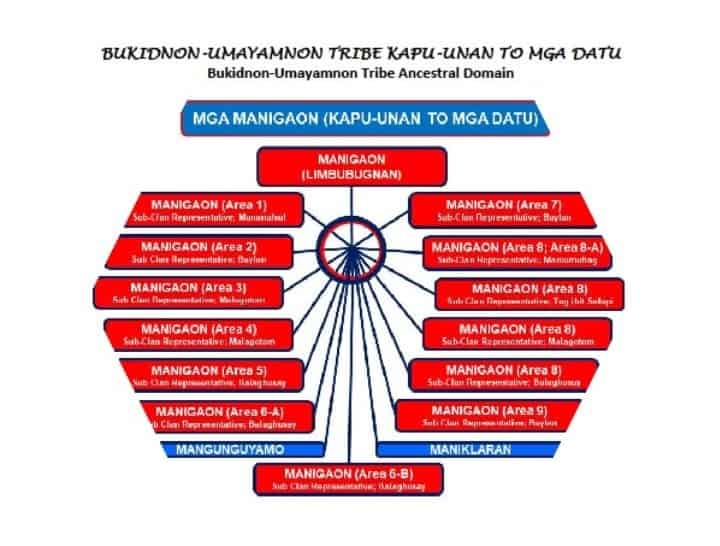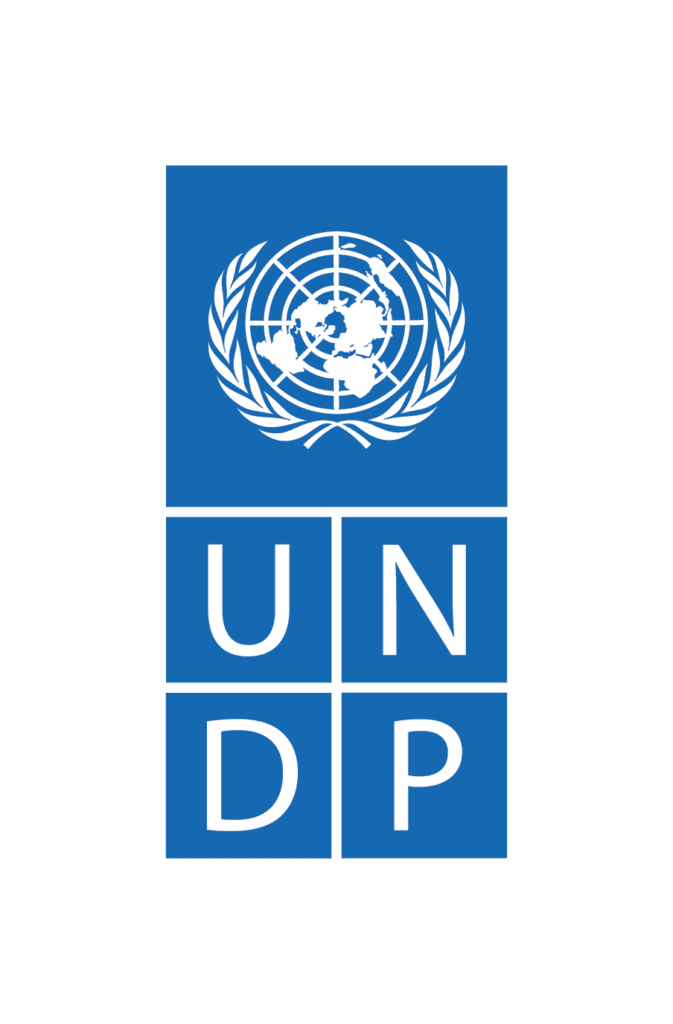- About AVPN
-
-
-
About AVPN
Who We Are
We are a leading ecosystem builder that is increasing the flow of financial, human, and intellectual capital from Asia and around the world into the social sector in Asia. We provide a network of peers, rigorous learning programmes, and innovative capital mobilization opportunities that make sure resources are more effectively deployed.
-
-
-
- Members
-
-
-
Membership Benefits
Unrestricted access to AVPN research reports and case studies
Access market-specific snapshots and opportunities
Increased visibility for events, programs and insights via AVPN website, blog, newsletters and social media channels
Leverage the AVPN platform to bring under-represented social issues top of mind for more than 600 social investors
-
-
-
- Resources
-
-
-
Resources
Highlights of the week
Trust-Based Philanthropy
In the face of increasingly complex and, sometimes rapidly, changing needs on the ground, it is crucial to take a step back and reconsider the status quo.
APAC Sustainability Seed Fund 2.0
By leveraging the success of the first round of the APAC Sustainability Seed Fund, AVPN continues to mobilise continuum of capital into supporting climate solutions in the region.
Faith and Giving
Faith, and the values, belief systems, moral codes, and religious doctrines, that underlie it, shape much of philanthropy across the world. From addressing needs in underserved communities to investing in sustainable energy solutions, faith-aligned givers are demonstrating that compassion can be a catalyst for a more just and equitable world. However, the fundamental drivers of faith-aligned giving often remain unexamined.
-
-
-
- Markets
-
-
-
Markets
We are a leading ecosystem builder that is increasing the flow of financial, human, and intellectual capital from Asia and around the world into the social sector in Asia. We provide a network of peers, rigorous learning programmes, and innovative capital mobilization opportunities that make sure resources are more effectively deployed.
Explore Markets
-
-
-
- Impact Communities
-
-
-
Impact Communities
-
-
-
- Capital Mobilisation
-
-
-
Capital Mobilisation
Featured Deals
Socio-Economic Empowerment of Women
Climate Action and Environment, Education, Financial Inclusion, Gender, Livelihood and Poverty Alleviation
Solve Education: Education through Innovative Learning Platform
Education, Employability, Livelihood and Poverty Alleviation
Lotus Petal Sr. Sec School, Gurugram
Education, Employability, Health
IT Training Against Poverty in Cebu
Education, Employability, Livelihood and Poverty Alleviation
IT Vocational Training Against Poverty
Education, Employability, Livelihood and Poverty Alleviation
Gigatonne: Addressing Problems within the Carbon Credits Market
Climate Action and Environment, Financial Inclusion, Gender, Livelihood and Poverty Alleviation
-
-
-
- Events
-
-
-
Events
Upcoming Events
Restoring Equilibrium: SVCA 2024 Annual Conference – Seeking Balance in A Turbulent World
16 May 2024
-
-
-
BUKDA: Sustainable Income for Indigenous Filipinos through Bamboo and Cacao Farming
By

Bukidnon Umayamnon Tribe Kapu-unan To Mga Datu (BUKDA)
Click here to learn more about the Impact Organisation
This is member exclusive
content. Click here to unlock
Social causes
Beneficiaries
SDGs covered
Endorsed by
Market of Implementation
- Philippines
Problem
In the Philippines, there are around 102 million Indigenous Peoples (IPs) which are estimated to comprise 10 to 20% of the national population. The majority of these IPs depend on farming as their means of livelihood, including the Umayamnon Tribe who dwell in the province of Bukidnon.
With the dwelling location and resources as factors, there is a lack of livelihood options for sustainable income. This is an issue commonly observed which can result in hunger, illiteracy, sickness, environmental degradation, loss of biodiversity, and loss of cultural and social dignity.
It is clear that there is a pressing need to provide sustainable income for the Indigenous Peoples of the Umayamnon Tribe, and Bukidnon Umayamnon Tribe Kapu-unan To Mga Datu (BUKDA) has the solution for this.
Solution
At BUKDA, we aim to address the lack of sustainable income for the Indigenous People of the Umayamnon Tribe by introducing:
- Bamboo Farming
- Bamboo is a fast-growing endemic plant in which every part of it can virtually be made into a variety of products. It is an alternative material for timber, thereby reducing deforestation. Bamboo is also more resilient to climate change and has significant carbon sequestration capacity.
- Cacao Farming
- Cacao is considered an equatorial crop and the Philippines has a great potential of growing cacao. In fact, the Philippines has the ability to grow all of the three main cocoa bean types - Criollo, Forastero, and Trinitario cultivars.
Bamboo and Cacao Farming can increase short-term employment from tree planting, plantation maintenance, protection and management, and create long-term sustainable small enterprises by selling bamboo and cacao products, and hopefully, a share in the sale of Carbon Credits. In the manufacture of engineered bamboo products, the indigenous peoples get a share as sustainable income, and promote social-cultural bonds in the Ancestral Domain.
For more information on our solution, do refer to our Slide Deck.
Type of Carbon Reduced/Sequestered
Amount of Carbon Dioxide Equivalent Avoided/Sequestered
Means of Measurement
By the measurement of biomass above-ground and below-ground.
















